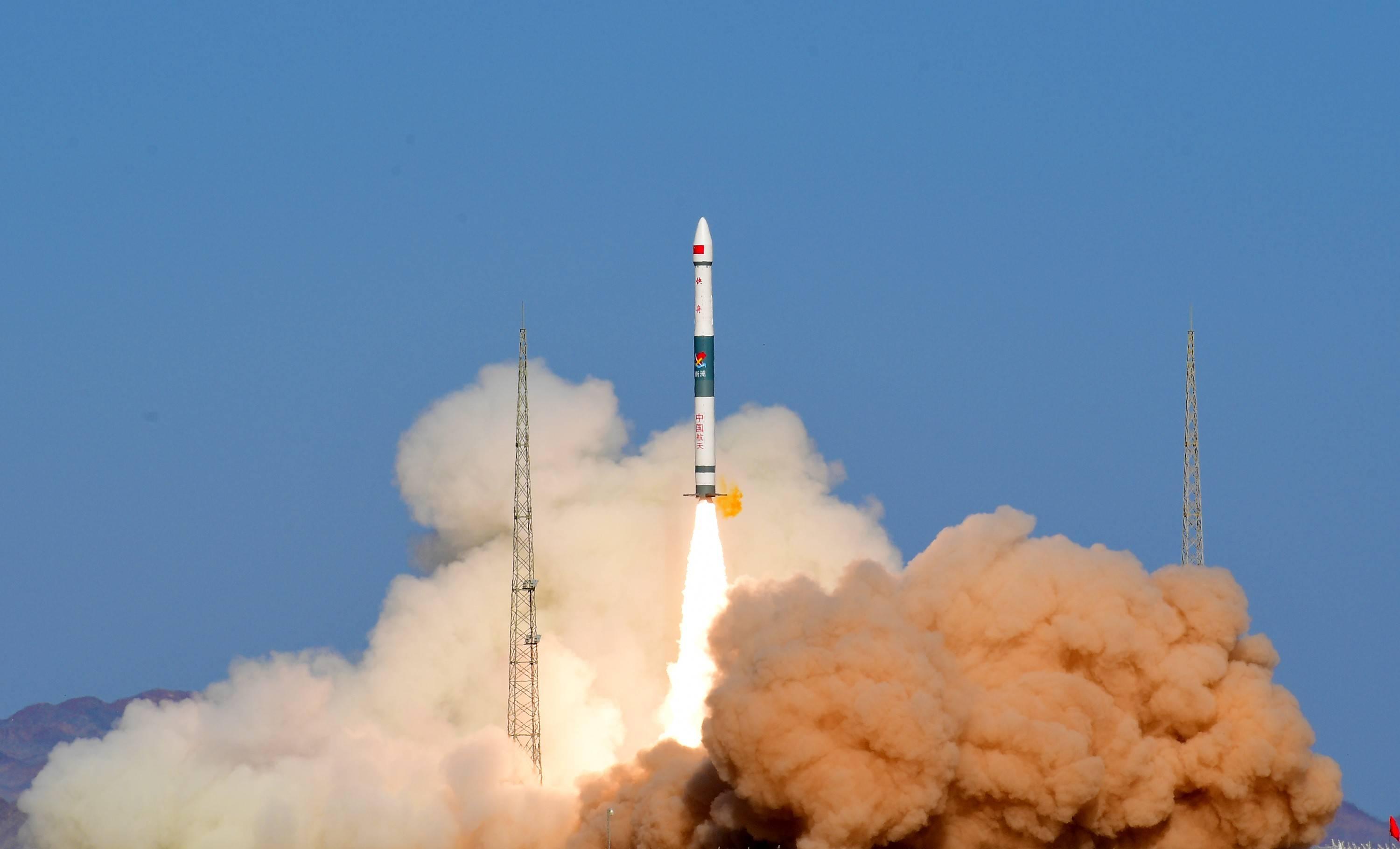
Text/Walking Stuka
India has always sought to become a "sound and colorful" power, in addition to replacing China economically as a "new world factory", but also as a member of the international nuclear club; the former is no longer possible, and the latter is not possible? India looks promising, especially after successfully launching a Agni-5 missile.
According to media reports, the Indian Ministry of Defense issued a statement on October 28, announcing that the Indian army had successfully launched a "Agni-5" ballistic missile from the Karam Island launch base and accurately landed in the Bay of Bengal; the Indian government subsequently announced that the successful test launch proved that India had a credible "minimum deterrent" capability, which was the basis for the "no first use" commitment.
The Agni-5 ballistic missile is currently India's longest-range ballistic missile. According to India's Ministry of Defense, the missile is an "intercontinental ballistic missile" with a maximum range of 5,000 kilometers and can carry multiple nuclear warheads. According to this paper data, the range of the "Agni-5" is not an intercontinental missile, although there is news that the actual range of the "Agni-5" can reach 8,000 kilometers, but this news has no evidence; of course, India's classification standard for intercontinental missiles is not the same as the international standard, 5,000 kilometers is enough to hit continents outside Asia, so India is comfortable to call it "intercontinental missiles".
However, indians are not interested in whether this missile is an "intercontinental missile". They have always stressed that the missile is aimed at China, as the Indian Express said in its comments on the launch, "capable of striking almost the whole of China."
Relations between China and India are still strained, and India's high-altitude firing of such a missile is self-evident; it seems to be to tell China, "I have the ability to threaten you, you better obey." But is this missile really the "Shiva Trident" that can stop our determination to uphold national sovereignty?
First of all, the "Agni-5" is indeed the best long-range strategic weapon in India's hands, and the success rate of launches in recent years is not bad, and the technology should be quite mature, that is, it is too outdated. India lacks mature spacecraft attitude control technology, which means that the Agni-5 missile does not have the ability to change orbit ballistic missiles, and the orbital technology is equivalent to the "DF-3" or "DF-4" missile developed by China in the 1960s and 1970s.
Secondly, the "Agni-5" does not have the ability to maneuver and must be launched at a specially built launch site, and it must undergo a long period of preparation before launching, and there are only a few launch sites in India, which cannot be sudden at all; not to mention that as long as the other side destroys these launch sites, India basically loses the "strategic counterattack" capability, which is not as good as the "Dongfeng-3" that can be launched by maneuver.
Finally, China is still fairly sure that the Agni-5, an old ballistic missile that cannot change orbit and whose orbit information is easy to calculate, is still quite certain that it will be effectively intercepted. China has carried out many mid- and late-stage anti-missile interception experiments a few years ago, and the technology in this regard is quite mature; the "Agni-5" can be described as difficult to penetrate.
In fact, there is still a question, does India really have a nuclear warhead that can be used in actual combat? Although India has conducted a nuclear explosion test, but the nuclear explosive device is miniaturized to make a warhead to load the missile, so India's nuclear warhead is actually "Schrödinger's cat", until the moment the lid is lifted, you never know whether it exists or not.
Therefore, the Indian media always deliberately emphasize that "the Agni-5 can cover China", this threat is actually empty and meaningless; when do you see when China has emphasized that "the DF-41 can cover the United States", but has the United States doubted the DF-41's "heart yearning for the United States"?
When you do have a sword in your hand, there is no need to deliberately tell others this at all; people who shout "have a sword" all day long, whether it is a sword or a toothpick in their hand, no one knows. Is the Indian media hyping this up in an attempt to blackmail a genuine nuclear power with "Schrödinger's nuclear deterrent capabilities"? This kind of magical optimism is in your own home, don't get into the great power game field, where it is the realist world of adults!